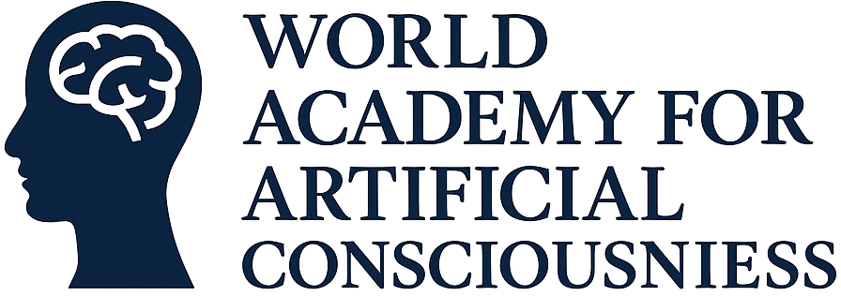_0.jpg)
We are pleased to announce that Roi Cohen Kadosh, Professor of Cognitive Neuroscience at the University of Surrey (formerly at the University of Oxford), has been elected an Academician of WAAC in recognition of his systematic contributions to non-invasive brain stimulation and personalized cognitive enhancement, numerical/mathematical cognition, and the brain’s excitation/inhibition (E/I) balance.

Over many years, Professor Cohen Kadosh has advanced a program centered on “individual differences—stimulation control—learning gains,” building a theory-and-engineering evidence chain for “neural stimulation × learning.” In Current Biology (2010), he was the first to show that applying tDCS (transcranial direct current stimulation) during learning can produce specific and lasting improvements in numerical ability. In Current Biology (2007), he confirmed the causal role of the parietal cortex in number processing by inducing a “virtual acalculia” with TMS (transcranial magnetic stimulation). In Current Biology (2013), together with collaborators, he demonstrated that training combined with tRNS (transcranial random noise stimulation) yields improvements in learning and brain function lasting up to six months. More recently, in PLOS Biology (2025) and npj Digital Medicine (2025), his work has shown, respectively, mechanism-based modulation of mathematics learning gains via functional connectivity and GABAergic signaling, and the feasibility of home-based enhancement of sustained attention through AI-driven personalization.
- Global Collaboration and Academic Ecosystem
Academicians of the World Academy for Artificial Consciousness hail from institutions such as Harvard University, the Massachusetts Institute of Technology, the University of Cambridge, the University of California, the French Academy of Sciences, the University of Padua, the University of Queensland, Columbia University, and the University of Exeter. Honorary Academicians come from a wide range of countries and regions, including the United States, the United Kingdom, France, Germany, Italy, Sweden, Canada, Australia, Spain, and China. In addition, leading scientists from prominent research institutes and technology companies—such as Google, the Allen Institute for Brain Science, and ZEEKR—also participate.
- About WAAC

The World Academy for Artificial Consciousness (https://www.waac.ac/) is a global academic institution established in Paris in 2025. Its mission is to advance frontier research and international collaboration in artificial consciousness through the integration of science, technology, and philosophy. The Academy publishes open research, policy recommendations, evaluation standards, and more. The current President is Academician Yucong Duan, and the Secretary-General is Dr. Yingbo Li. The Honorary Academician List: On May 3, 2025, WAAC released its first batch of Top 100 Honorary Academicians, recognizing scholars who have made foundational or leading contributions to the theory of artificial consciousness.
